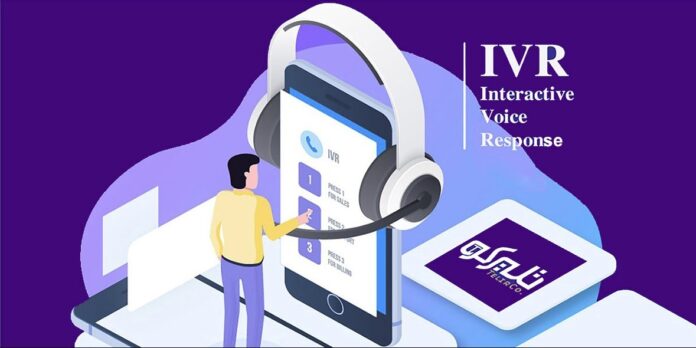Seasoned business analysts tell you that one major metric can be pointed to show why some businesses thrive while others remain mired in a stagnant non-growth “holding pattern” and some fail completely.
That one metric is excellent customer service.
Customer service is so important because it not only helps a company retain its captured customers but also prompts them to stay loyal and become repeat buyers. Finding a new customer and selling to him or her the first time is far more expensive. The seller must expend enormous funds on advertising, marketing, sales pitches and one-on-one selling to get that first sale.
But a “captured customer” requires none of those expenses! With excellent customer service, those customers can be induced to buy again and again.
IVR is a Powerful Customer Service Tool
A tool that has revolutionized the art of customer service is called IVR. That stands for Interactive Voice Technology. It is sometimes called IVR API because an Application Programming Interface enhances most systems today. This is an automated telephone system that can combine text-to-speech technology and pre-recorded messages with something called a DTMF or Dual-Tone Multi-Frequency interface.
In short, what IVR allows for is an automatic, labor-free way to interact with and engage customer callers. It provides them access to the key information they seek without needing the time-consuming hours a live company representative team puts in.
The result: A significant increase in company efficiency while minimizing staff to produce better customer service.
How IVR Tool Gets It Done
1. Improved Customer Experience Tool
Customers today are more instant gratification-oriented than ever before. They want personalized service fast! IVR provides a seamless customer experience by giving them flexibility via menu options. They can be quickly routed to the department they need. Because IVR systems are integrated with customer databases, they can even provide personalized greetings and tailored solutions.
In short, customers find what they need quickly, get their problems solved or find the next thing they want to buy in a snap.
2. 24/7 Availability
Imagine the boon of being able to help customers around the clock, day or night. IVR tool can do that across all time zones and geographic locations. Customers can always get the information they need, solve problems and have questions answered. This builds customer confidence, trust and loyalty to the company. Furthermore, IVR can process a large number of calls simultaneously. That means little or no waiting times to foster a smooth customer experience.
3. Streamlined Call Routing & Analytics
Intelligent call-routing capability means customers get to the right department with minimal delay or snags. This quality of IVR reduces latency and call transfers. That, in turn, creates faster problem resolution and greater customer satisfaction.
4. Flexibility and Scalability
Deploying an IVR system can grow an enterprise and handle the increased number of calls that result. Better yet, service quality will not be diminished even though more customers are served. Additionally, IVR systems are not stagnant. Rather, they are adaptive to changes in business and can be customized to offer new services, updated menus, changed greetings and more.
IVR Has Terrific ROI
Of course, ROI stands for Return on investment. A study conducted by Microsoft shows that an IVR tool system can produce a savings of 60% over calls handled by live operators. Such gains are the result of a system that can operate 24/7 @ 365 days a year.
Furthermore, IVR can handle multiple calls simultaneously, far superior to the capabilities of a human team of representatives.
For example, many firms opt to purchase CSR (Customer Service Representative) from near-shore or far-shore providers in foreign nations. While the latter is far less expensive than staffing CSR teams in-house, it does not compare to IVR in value.
Over a 10-year period, the average cost for CSR is $561,600 compared to IVR for 10 years at $224,000.
Conclusion
In today’s business climate, the advantages of IVR are remarkable. It delivers increased efficiency, reduced costs, and that all-important metric of improved customer satisfaction with the company. IVR offers the edge many firms need to remain strongly competitive and a way to increase profitability into the future.















